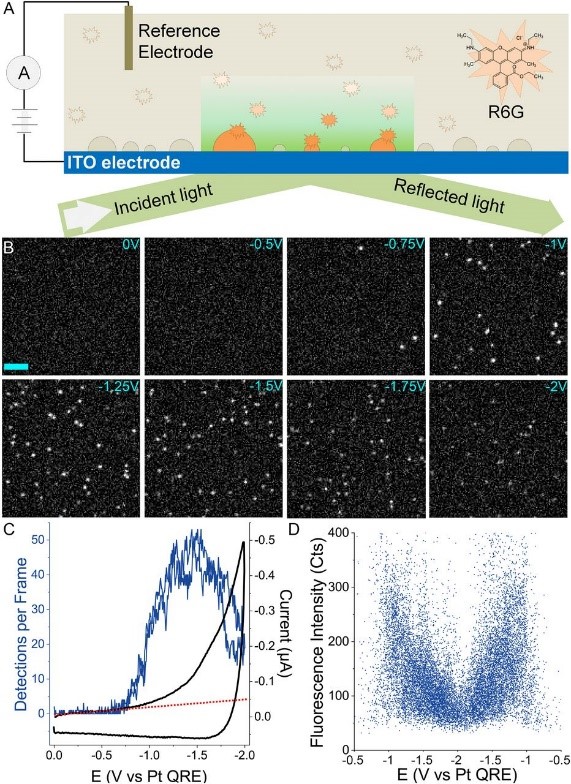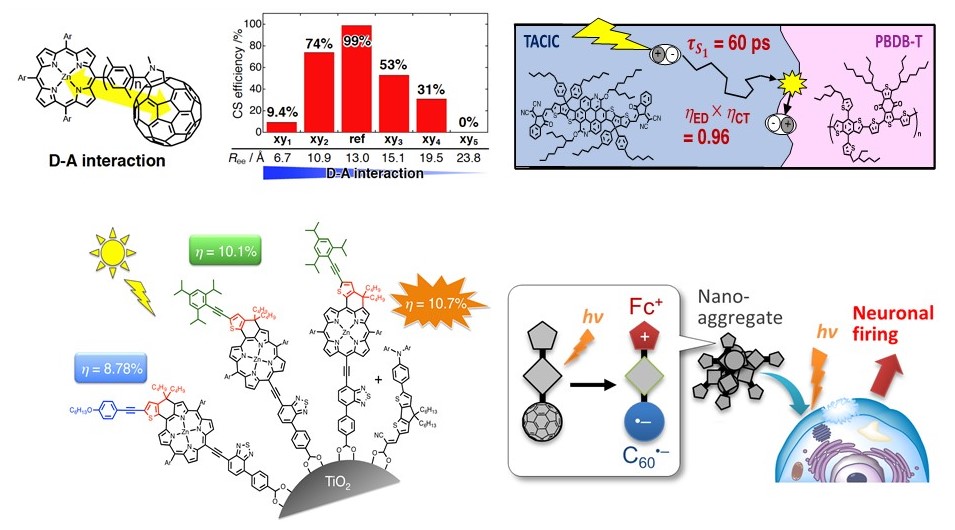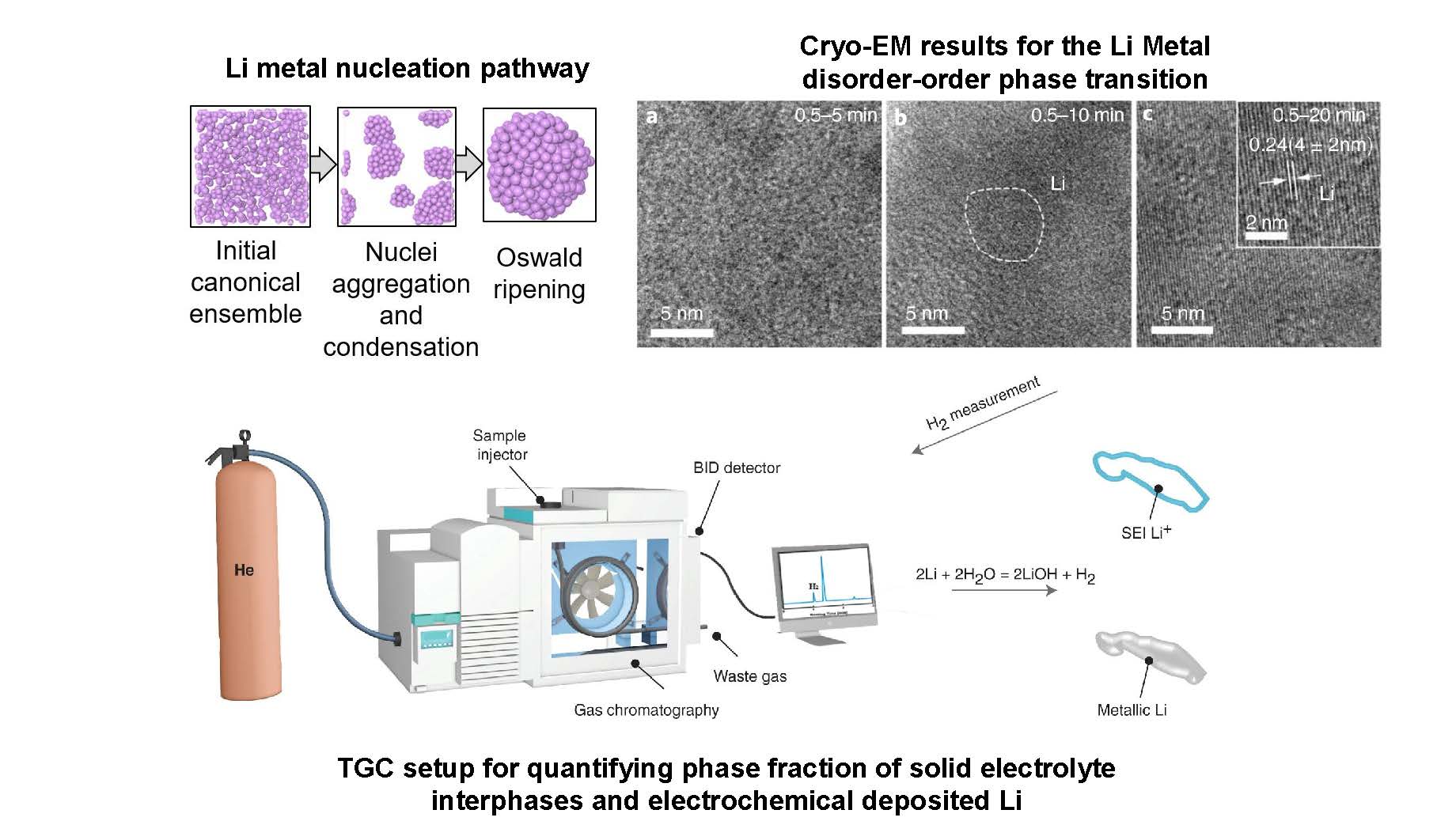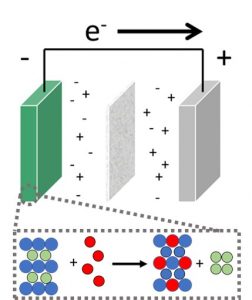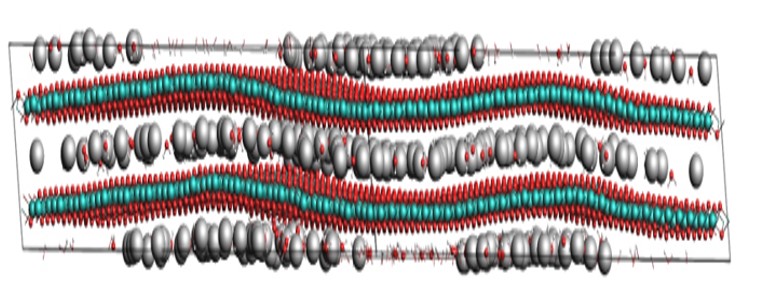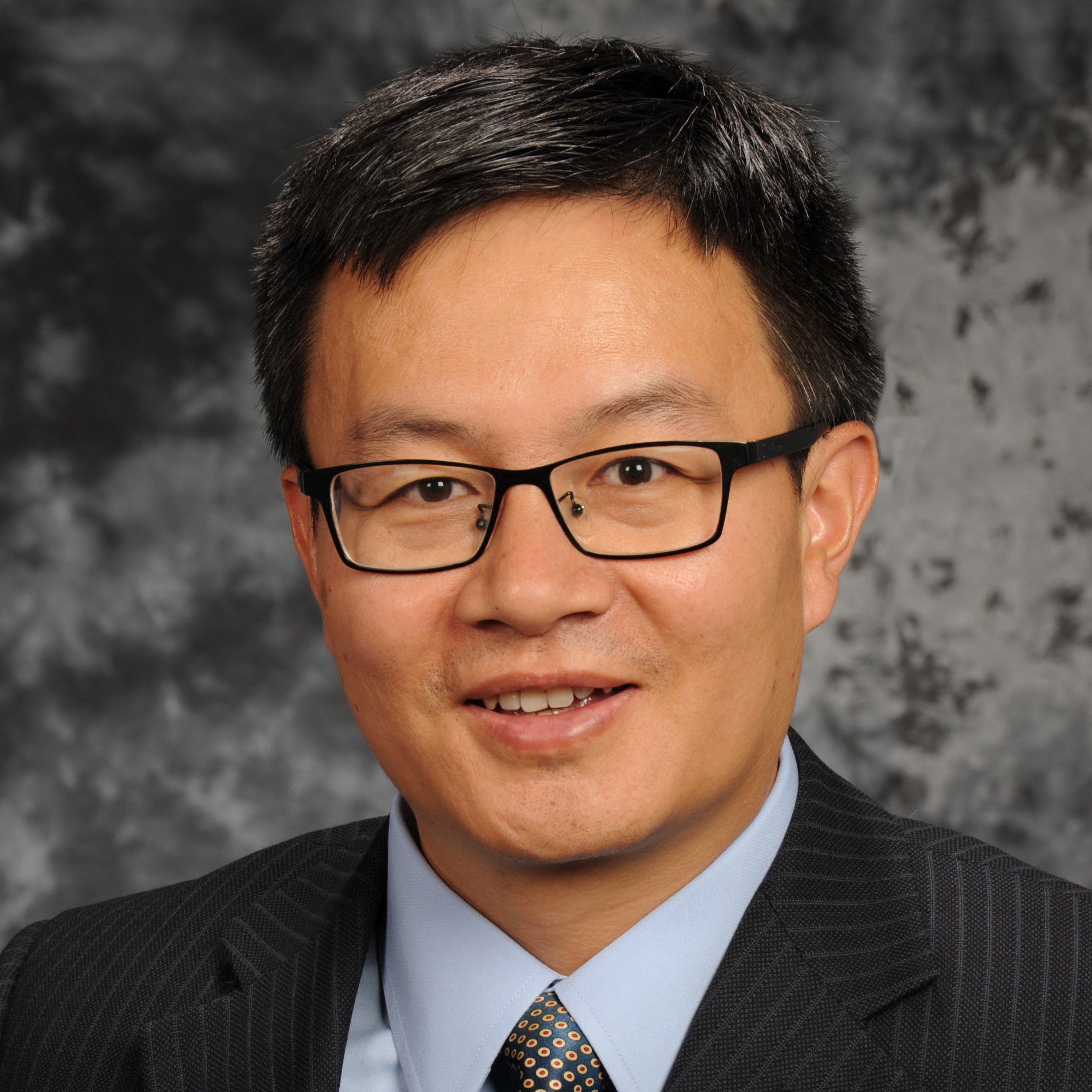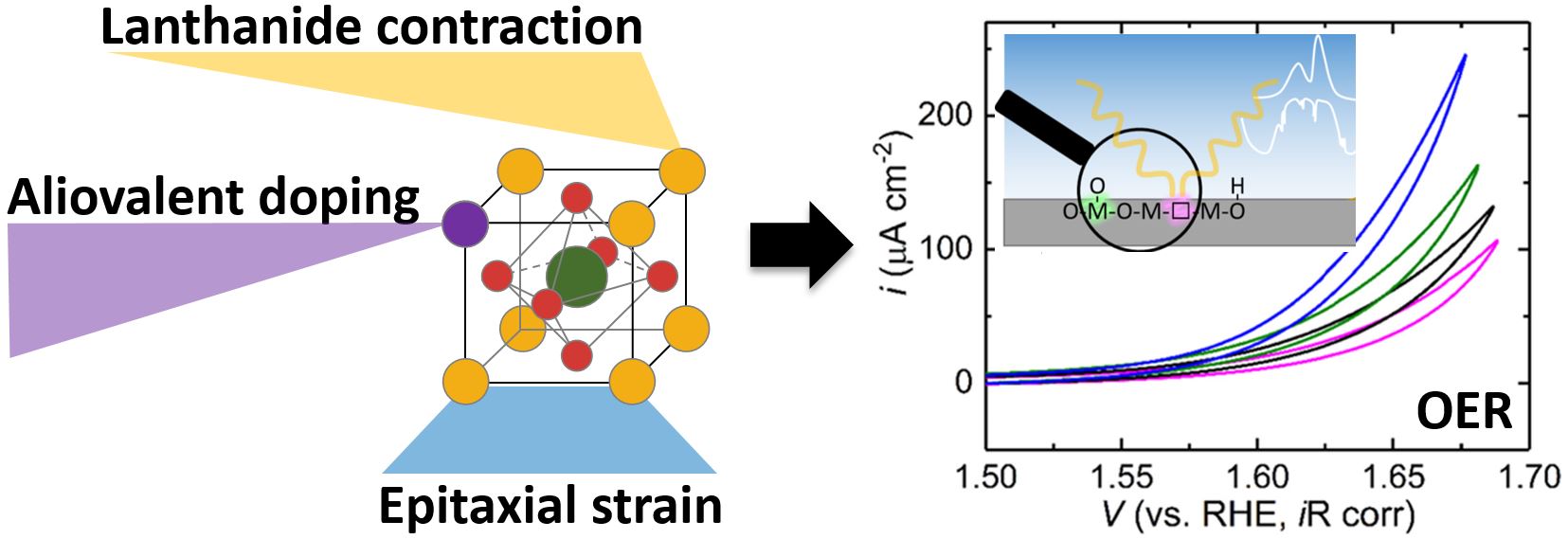The Electrochemical Society hosted Prof. John A. Rogers’ live online webinar, “Microfluidic Systems for the Skin: Quantitative Sensing of Biomarkers in Sweat,” on June 23, 2021. Below are answers to questions posed during the presentation.
NOTE: Registration is required to view the webinar.
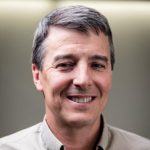 Professor John A. Rogers is the Louis Simpson and Kimberly Querrey Professor of Materials Science and Engineering, Biomedical Engineering, and Neurological Surgery at Northwestern University, with affiliate appointments in Mechanical Engineering, Electrical and Computer Engineering, and Chemistry. He is also Director of Northwestern’s recently endowed Querrey Simpson Institute for Bioelectronics. Rogers completed an SM in physics and chemistry in 1992, and PhD in physical chemistry in 1995, at the Massachusetts Institute of Technology. He was a Junior Fellow in the Harvard University Society of Fellows from 1995 to 1997; worked at Bell Labs from 1997 to 2002; then served on the faculty of the University of Illinois for 13 years. Rogers received many important awards including a MacArthur Fellowship and membership in the National Academies of Engineering, Sciences, Medicine, Inventors, and the American Academy of Arts and Sciences. Rogers has published more than 750 papers, is a co-inventor on more than 100 patents, and co-founded several successful technology companies. (more…)
Professor John A. Rogers is the Louis Simpson and Kimberly Querrey Professor of Materials Science and Engineering, Biomedical Engineering, and Neurological Surgery at Northwestern University, with affiliate appointments in Mechanical Engineering, Electrical and Computer Engineering, and Chemistry. He is also Director of Northwestern’s recently endowed Querrey Simpson Institute for Bioelectronics. Rogers completed an SM in physics and chemistry in 1992, and PhD in physical chemistry in 1995, at the Massachusetts Institute of Technology. He was a Junior Fellow in the Harvard University Society of Fellows from 1995 to 1997; worked at Bell Labs from 1997 to 2002; then served on the faculty of the University of Illinois for 13 years. Rogers received many important awards including a MacArthur Fellowship and membership in the National Academies of Engineering, Sciences, Medicine, Inventors, and the American Academy of Arts and Sciences. Rogers has published more than 750 papers, is a co-inventor on more than 100 patents, and co-founded several successful technology companies. (more…)


